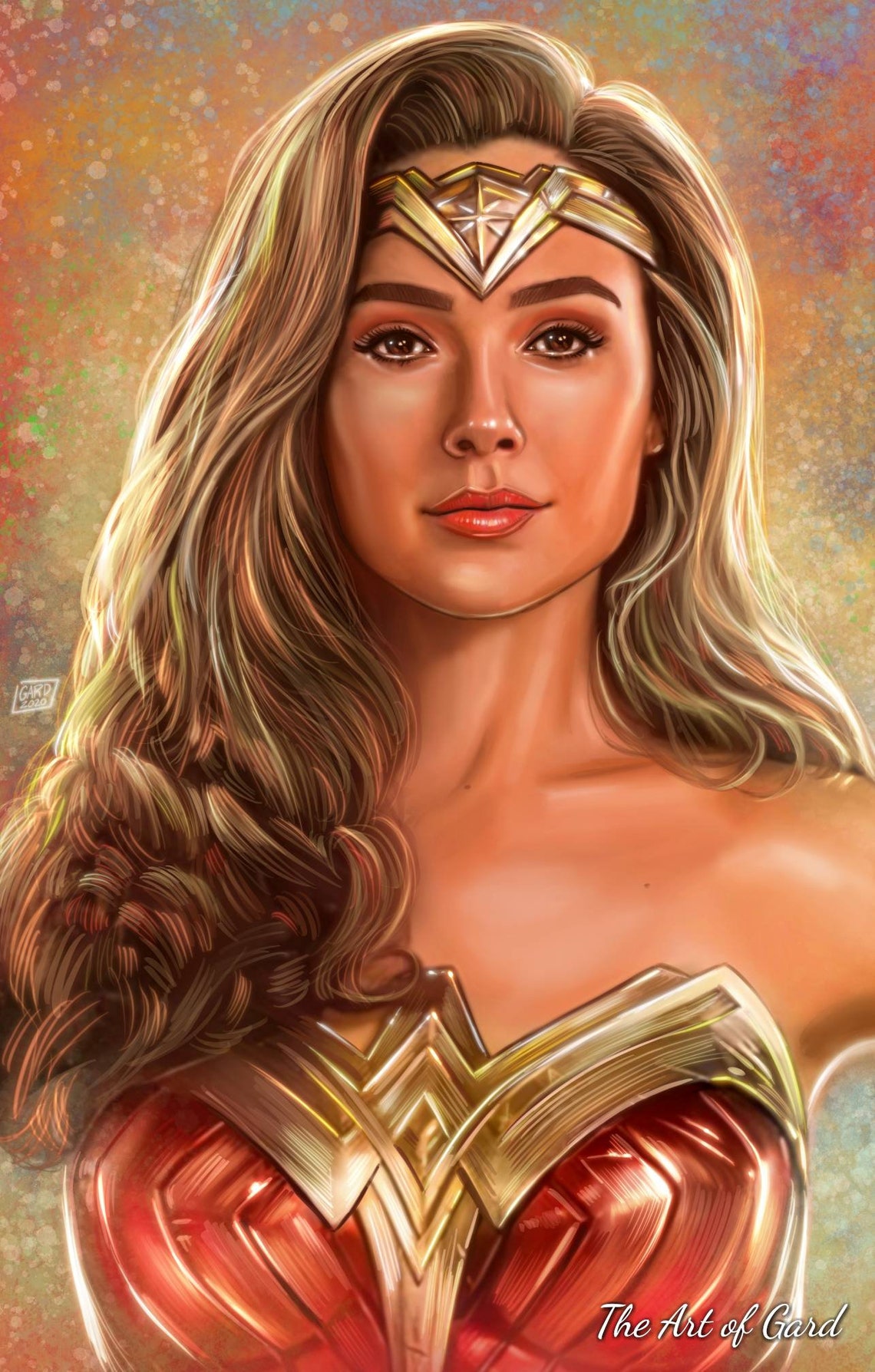

#Wonder woman full#
“Some of them are full of torture, kidnapping, sadism, and other cruel business,” she said. In the summer of 1940, Olive Richard, a staff writer for the magazine, visited Marston at his house in Rye, New York, to ask him for his expert opinion about comics. Gaines had read about Marston in an article in Family Circle magazine. He’d written screenplays, a novel and dozens of magazine articles. He’d been a consulting psychologist for Universal Pictures. He is generally credited with inventing the lie detector test: He was obsessed with uncovering other people’s secrets. He led what he called “an experimental life.” He’d been a lawyer, a scientist and a professor. Marston held three degrees from Harvard, including a PhD in psychology. “‘Doc’ Marston has long been an advocate of the right type of comic magazines,” he explained. To defend himself against critics, Gaines, in 1940, hired Marston as a consultant. In 1940, the Chicago Daily News called comics a “national disgrace.” “Ten million copies of these sex-horror serials are sold every month,” wrote the newspaper’s literary editor, calling for parents and teachers to ban the comics, “unless we want a coming generation even more ferocious than the present one.” But at a time when war was ravaging Europe, comic books celebrated violence, even sexual violence. Batman began lurking in the shadows in 1939. Superman first bounded over tall buildings in 1938. As Marston once put it, “Frankly, Wonder Woman is psychological propaganda for the new type of woman who, I believe, should rule the world.”Ī riveting work of historical detection revealing that the origins of one of the world's most iconic superheroes hides within it a fascinating family story-and a crucial history of twentieth-century feminism Wonder Woman BuyĬomic books were more or less invented in 1933 by Maxwell Charles Gaines, a former elementary school principal who went on to found All-American Comics. The veil that has shrouded Wonder Woman’s past for seven decades hides beneath it a crucial story about comic books and superheroes and censorship and feminism. Instead, it lies buried in boxes and cabinets and drawers, in thousands of documents, housed in libraries, archives and collections spread all over the United States, including the private papers of creator Marston-papers that, before I saw them, had never before been seen by anyone outside of Marston’s family. “A strange, veiled woman left it with me.” Brown leaps out of bed and races back to the city desk, where he cries out, parchment in hand, “Stop the presses! I’ve got the history of Wonder Woman!” But Wonder Woman’s secret history isn’t written on parchment. “This parchment seems to be the history of that girl you call ‘Wonder Woman’!” she tells him. Wonder Woman disguises herself as a nurse and brings him a scroll. Brown, gone half mad, is committed to a hospital. In one episode, a newspaper editor named Brown, desperate to discover Wonder Woman’s past, assigns a team of reporters to chase her down she easily escapes them. Unlike every other superhero, she also has a secret history.

Like every other superhero, Wonder Woman has a secret identity. Generations of girls have carried their sandwiches to school in Wonder Woman lunchboxes. Aside from Superman and Batman, no other comic-book character has lasted as long.

Wonder Woman is the most popular female comic-book superhero of all time. But, really, the name of Wonder Woman’s creator was the least of her secrets. William Moulton Marston, internationally famous psychologist.” The truth about Wonder Woman had come out at last. The identity of Wonder Woman’s creator had been “at first kept secret,” it said, but the time had come to make a shocking announcement: “the author of ‘Wonder Woman’ is Dr. In the summer of 1942, a press release from the New York offices of All-American Comics turned up at newspapers, magazines and radio stations all over the United States. “Noted Psychologist Revealed as Author of Best-Selling ‘Wonder Woman,’” read the astonishing headline.


 0 kommentar(er)
0 kommentar(er)
